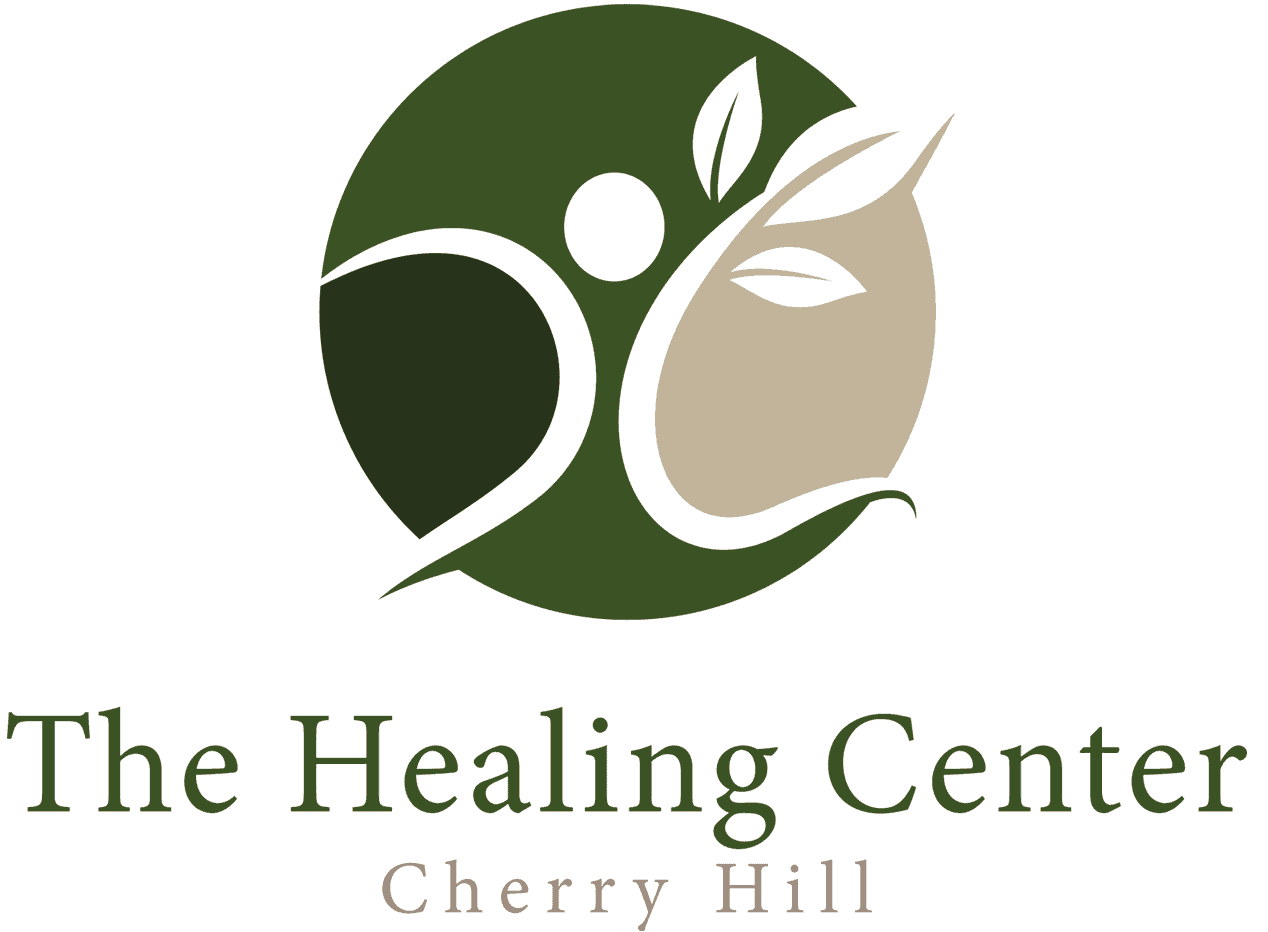In today’s fast-paced world, the lure of increased productivity and heightened energy levels can often be too tempting to resist. This temptation sometimes takes shape in the form of stimulant drugs. While stimulants may provide a short-lived boost to energy and mood, they also carry the perilous risk of addiction, a problem that can unravel both health and society. Understanding stimulant addiction is an important step in getting yourself or your loved one help if needed. This article reviews the signs of stimulant addiction and how to get the help needed to overcome it.
What Are Stimulants?
Stimulants are a classification of drugs that elevate mood, increase feelings of well-being, and enhance energy and alertness. These effects are primarily achieved by increasing the levels of certain chemicals in the brain. While some stimulants are prescribed for medical issues like ADHD and narcolepsy, others are illegal and solely used for recreational enjoyment. Common stimulants include:
- Prescription medications like Adderall, Ritalin, and Concerta.
- Illicit drugs such as cocaine and methamphetamine.
- Legal substances such as nicotine and caffeine.
How Stimulant Addiction Develops
Stimulant addiction often begins innocuously, starting with a prescription for ADHD or simply trying a substance out of curiosity. Over time, as the drug artificially stimulates reward pathways in the brain, the person starts craving its effects. With continued use, the brain becomes dependent on the drug to function normally, leading to addiction.
Physical Dependence: As you consume stimulants, your body begins to tolerate their effects. This means you’ll require larger doses to achieve the same high. Your brain adapts by reducing its sensitivity to the increased levels of neurotransmitters like dopamine, serotonin, and norepinephrine. Physical dependence forms as your body starts expecting the presence of these drugs to maintain equilibrium.
Psychological Dependence: Emotional reliance is characterized by the perceived need for stimulants to cope with daily life, stress, or emotional pain. The psychological grip can be particularly strong, given that stimulants are often linked to improvements in performance, confidence, and mood.
Signs and Symptoms of Stimulant Addiction
Understanding stimulant addiction can be challenging, but understanding the signs is crucial for early intervention. Common symptoms include:
- Behavioral changes: Increased secrecy or social withdrawal, neglect of responsibilities, or risky behaviors.
- Physical symptoms: Weight loss, sleeping disturbances, increased heart rate, or high blood pressure.
- Emotional symptoms: Anxiety, paranoia, depression, or mood swings.
- Cognitive issues: Poor concentration, memory problems, or impulsive decision-making.
If you notice these symptoms in yourself or a loved one, it’s essential to take immediate action to mitigate the risks associated with ongoing stimulant use.
The Dangers of Stimulant Addiction
The dangers of stimulant addiction extend far beyond impaired health. They infiltrate all aspects of life, affecting relationships, professional responsibilities, and finances. Some of the significant risks include:
- Health issues: Long-term use can lead to cardiovascular problems, mental health disorders, or even overdose, which can be fatal.
- Social consequences: Relationships may suffer due to erratic behavior or prioritizing drug use above social connections.
- Legal issues: The pursuit of illicit substances carries the risk of arrest and legal ramifications.
- Career ramifications: Job performance can decline, leading to unemployment or financial instability.
Taking Steps Toward Recovery With Stimulant Addiction Treatment in NJ
If you or someone you care about is struggling with stimulant addiction, remember that recovery is possible. Taking the first step towards recovery requires courage and the willingness to seek help.
- Acknowledge the Addiction: Acceptance is the precursor to any successful treatment. Identifying and admitting there is a problem dismantles denial and paves the way for healing.
- Seek Professional Support: Recovery is most effective when supported by healthcare professionals. Medical detoxification and therapy assist in managing withdrawal symptoms and address the psychological aspects of addiction.
- Therapeutic Intervention: Various therapies, including Cognitive Behavioral Therapy (CBT), motivational interviewing, and group therapy, can help you understand and mitigate the triggers for stimulant use.
- Develop Coping Skills: Equip yourself with healthier coping mechanisms for stress and emotional pain, rendering the allure of stimulants less prominent in your life.
- Create a Support Network: Recovery is challenging, but having a network of trusted friends, family, and others in recovery can provide encouragement and accountability.
Why Choose The Healing Center’s Stimulant Rehab in Cherry Hill, NJ?
At The Healing Center, we understand that the journey to recovery from stimulant addiction is personal, unique, and requires a comprehensive approach. Do you want a place where you’re treated with dignity, respect, and individualized attention? Our drug rehab center in Cherry Hill, NJ, offers a serene environment with a variety of therapeutic options tailored to meet your specific needs.
Our highly trained medical and therapeutic staff work diligently to create a safe space for you to process experiences, learn vital coping mechanisms, and restore balance to your life. We recognize the importance of involving you in the healing process, ensuring you are not just treated but genuinely transformed.
If you’re ready to take back control of your life, let The Healing Center be your partner in this important journey. With us, you’ll find not only healing but hope and the promise of a brighter future.
Get Compassionate & Effective Care For Addiction Today
Are you or a loved one struggling with stimulant addiction? Begin your recovery journey today by reaching out to The Healing Center in Cherry Hill, NJ. Our expert team is ready to provide you with the support and guidance you need to overcome addiction for good. Contact us now and take the first step towards a healthier, happier life.
